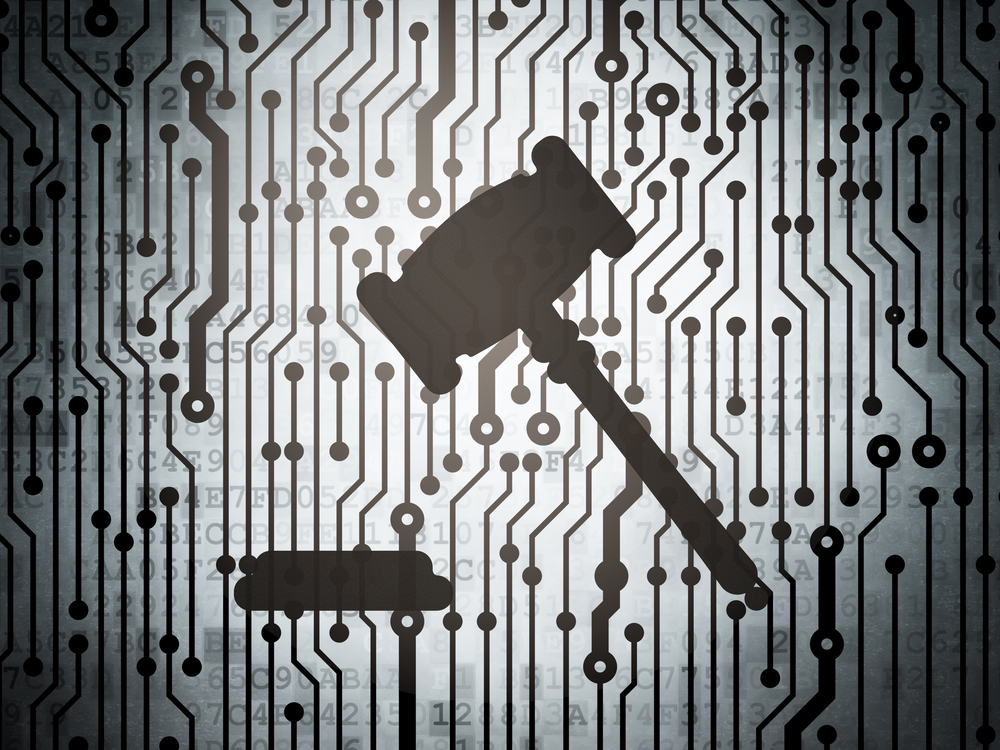Editor’s Note: The author of this works in the e-Discovery industry.
By Dean Gonsowski, Vice President of Business Development, kCura
In 2016, as never before, “business as usual” means that fluency in technology is “table stakes” for all professionals, particularly ones that are facing efficiency and automation pressures. More crucial than efficient business practices, however, are the ethical obligations these quickly evolving technologies demand.
Although not all cases revolve around e-Discovery, it is time for litigators to start preparing as if they did. Last year, the State Bar of California shared their thoughts on the matter, stating that in some cases lack of knowledge about e-Discovery was tantamount to incompetence. In broader support for the need of basic technology fluency, 23 states have adopted the ABA’s Model Rules amendment that link technological know-how with professional competence.
Future litigators are preparing to grapple with this ethical expectation, as e-Discovery becomes a fixture in law classrooms across the country. On the other side of the professional curve, active attorneys have long relied on the resources of thought leaders like the Sedona Conference and the EDRM to help fill in gaps left by sparse case law, as well as federal, state, and local rules.
Just as the need for attorneys to ratchet up their technical competency is at its zenith, the sands are shifting underneath them.
Changing Landscape
In a recent development, Duke Law acquired EDRM to bring its talent and content on board. With its comprehensive repository of practical information, the EDRM is both the creator of the eponymous reference model, as well as a defining player in e-Discovery thought leadership. It appears Duke will keep the mission intact for the foreseeable future, which is welcome news for the huge number of professionals that have put EDRM resources to good use.
The move, however, underscores the fact that educational resources in the e-Discovery space are malleable. If those resources can change, or even disappear, the thought leadership landscape must adapt and diversify.

